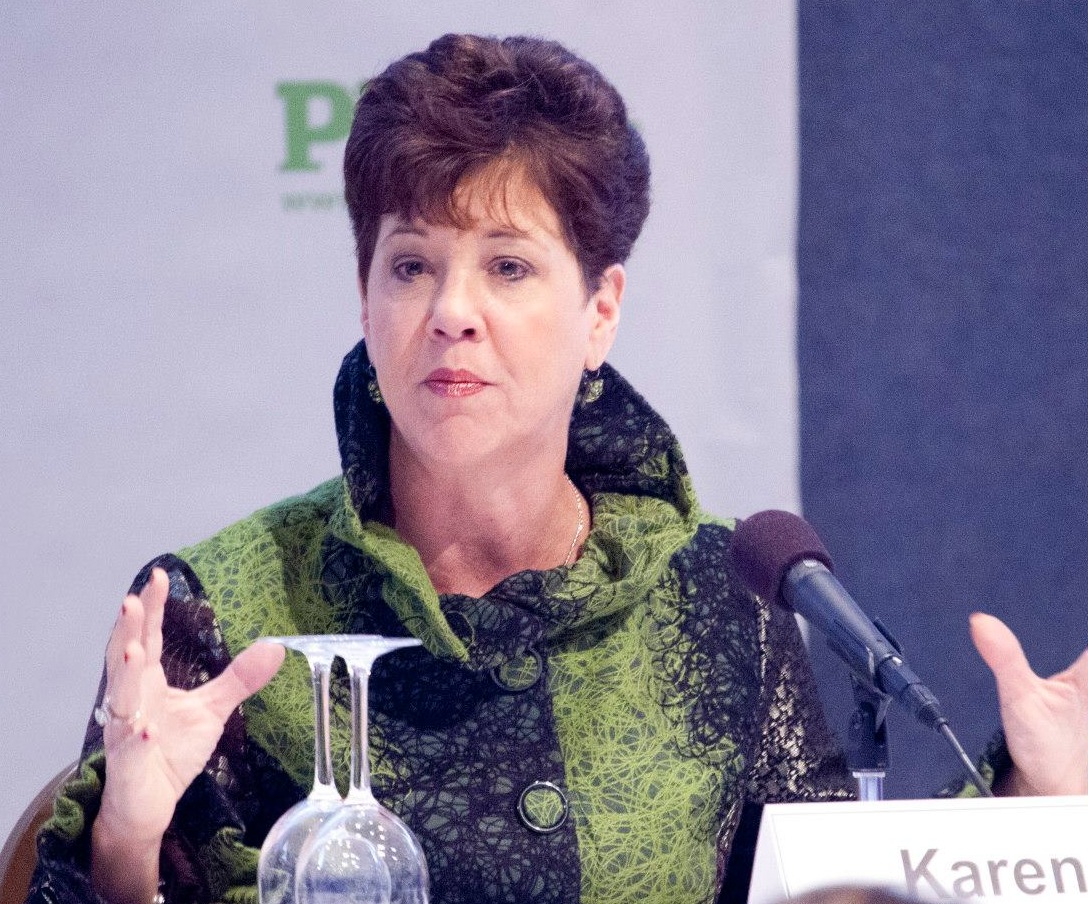  |
| Media trainers Karen Friedman and Dale Weiss at the National Press Club. |
Whatever the format—TV, one-on-one, press conference, telephone or online—interview preparation and relationship building with the media is vital to getting your message heard. But before you get to that point, you need to make sure key executives and spokespeople are properly media trained. And there's one more step before you take that one—you have to make sure that key execs are comfortable with the very notion of media training.
At PR News' recent Media Relations Conference, Karen Friedman, chief improvement officer at Karen Friedman Enterprises, and Dale Weiss, senior VP at CommCore Consulting Group, covered the best ways for PR pros to make formal media training as painless and effective as possible.
-
Curtail Embarrassment: Friedman said embarrassment is often the biggest reason for pushback when PR pros suggest media training for their executives. "When you talk about buy-in, help them understand that good media training is good communications coaching," said Friedman. "If it's done correctly, not only will they be able to apply what they're learning with a media interview, they can apply it to an FDA hearing or preparing for really tough Q&A."
-
Eliminate Fear: Friedman said the trainer must take the intimidation factor out of the equation, and help the subject feel they are in a safe environment. Make sure executives know you're not there to exploit and pick apart their weaknesses. "Make them understand that you're not going to try to make them something that they're not," said Friedman. "Tell them they have great strengths—let's play to those strengths." There’s no benefit to making an executive even more nervous than they already are, so keep criticism constructive and focus on reinforcing what they do well.
-
Cover the Basics: Review anticipated questions and reinforce key messages. "Pay attention to pacing, pausing, pitch and pronunciation," said Friedman. "If you're prepping your people for media interviews over the phone, make them stand up—it makes you more engaged and sound more authoritative."
-
Create a Story: Weiss said to try to drill down with your subject about how they can tell a story. Give an example to make it more visual. "This will disarm them and think less of it as formal media training as much as a lesson in storytelling," said Weiss.
-
Practice Credibility Through Simplicity: Make complex subject matter relatable and consumable.
Follow Bill Miltenberg: @bmiltenberg
